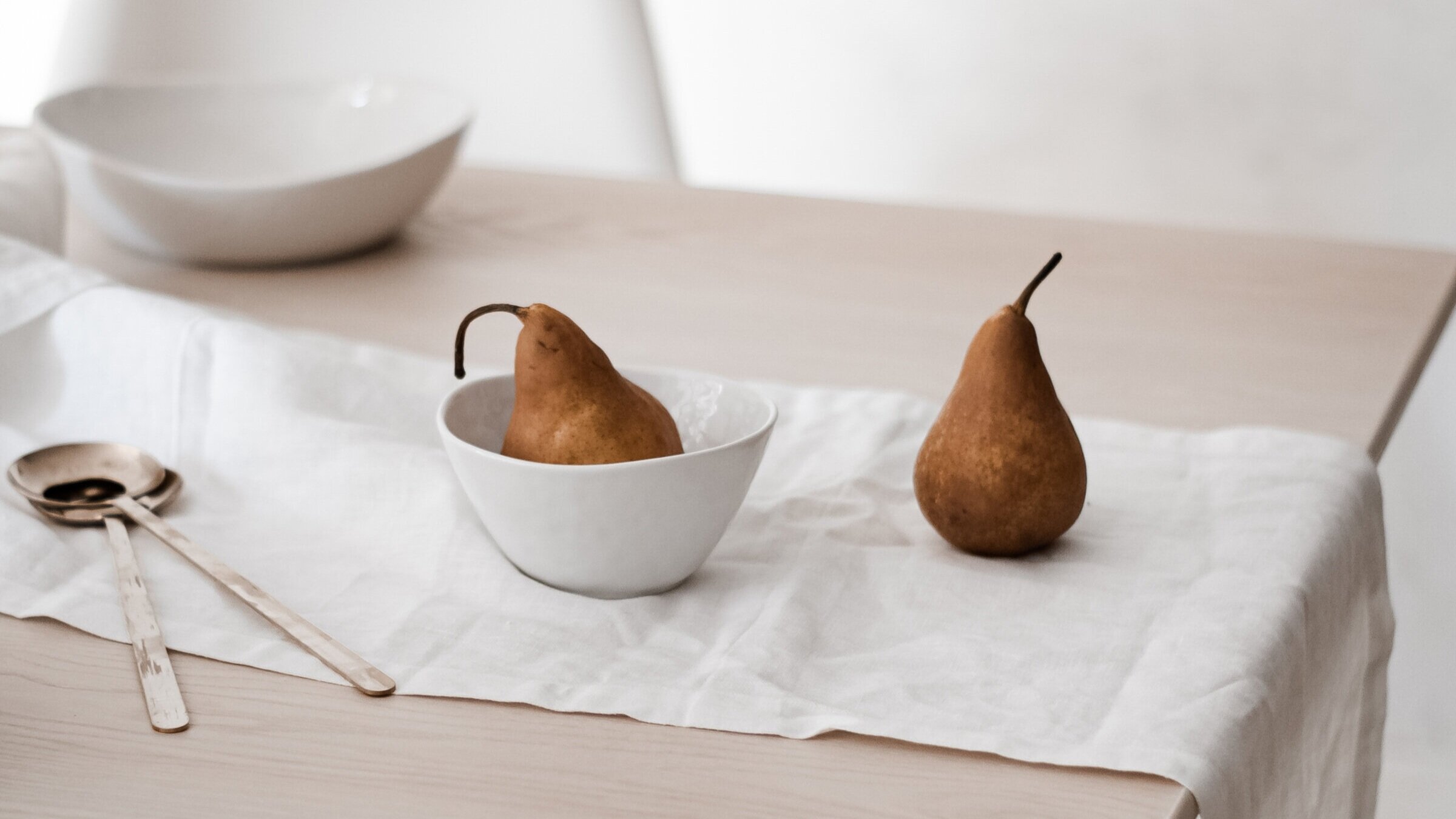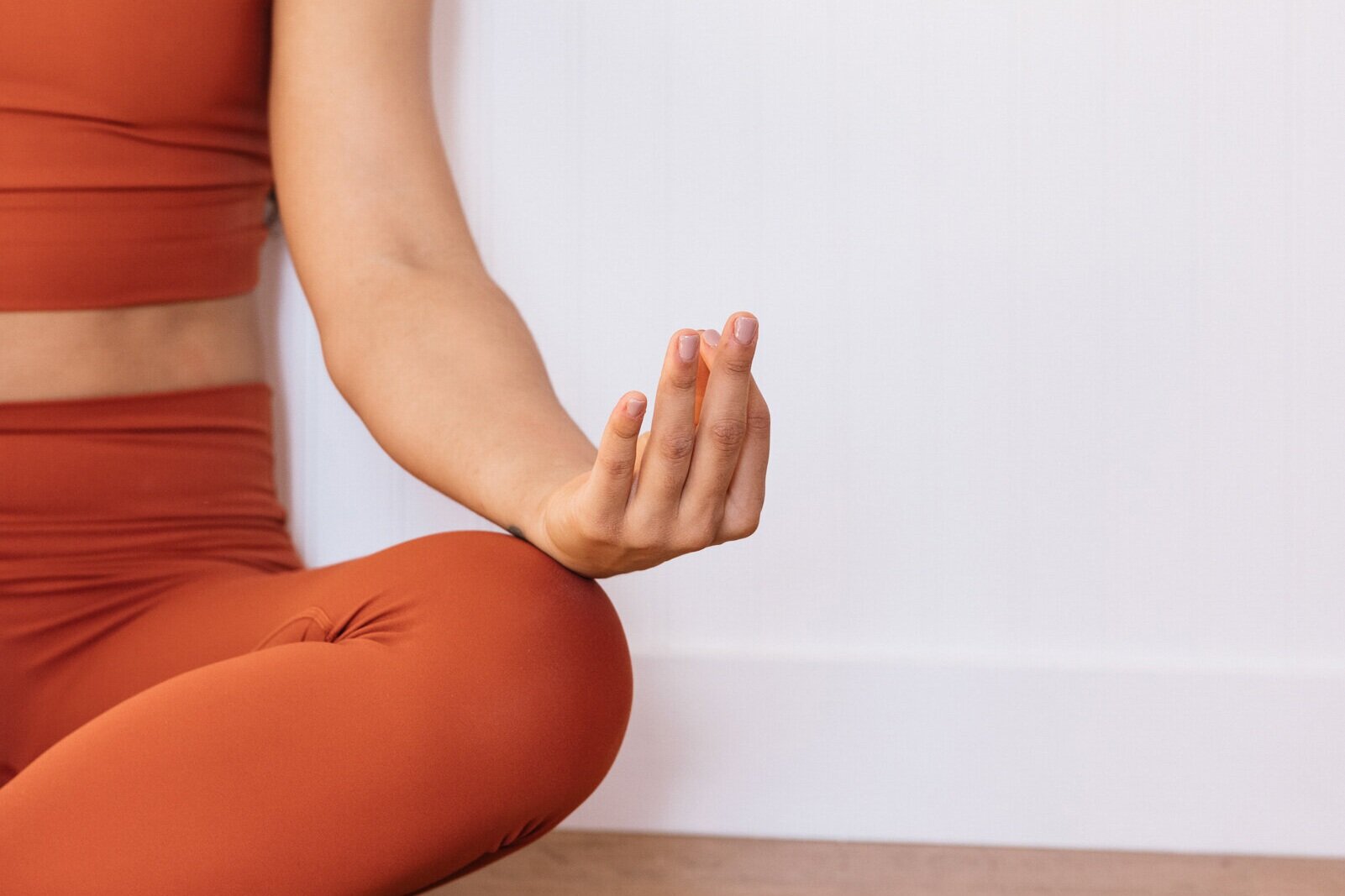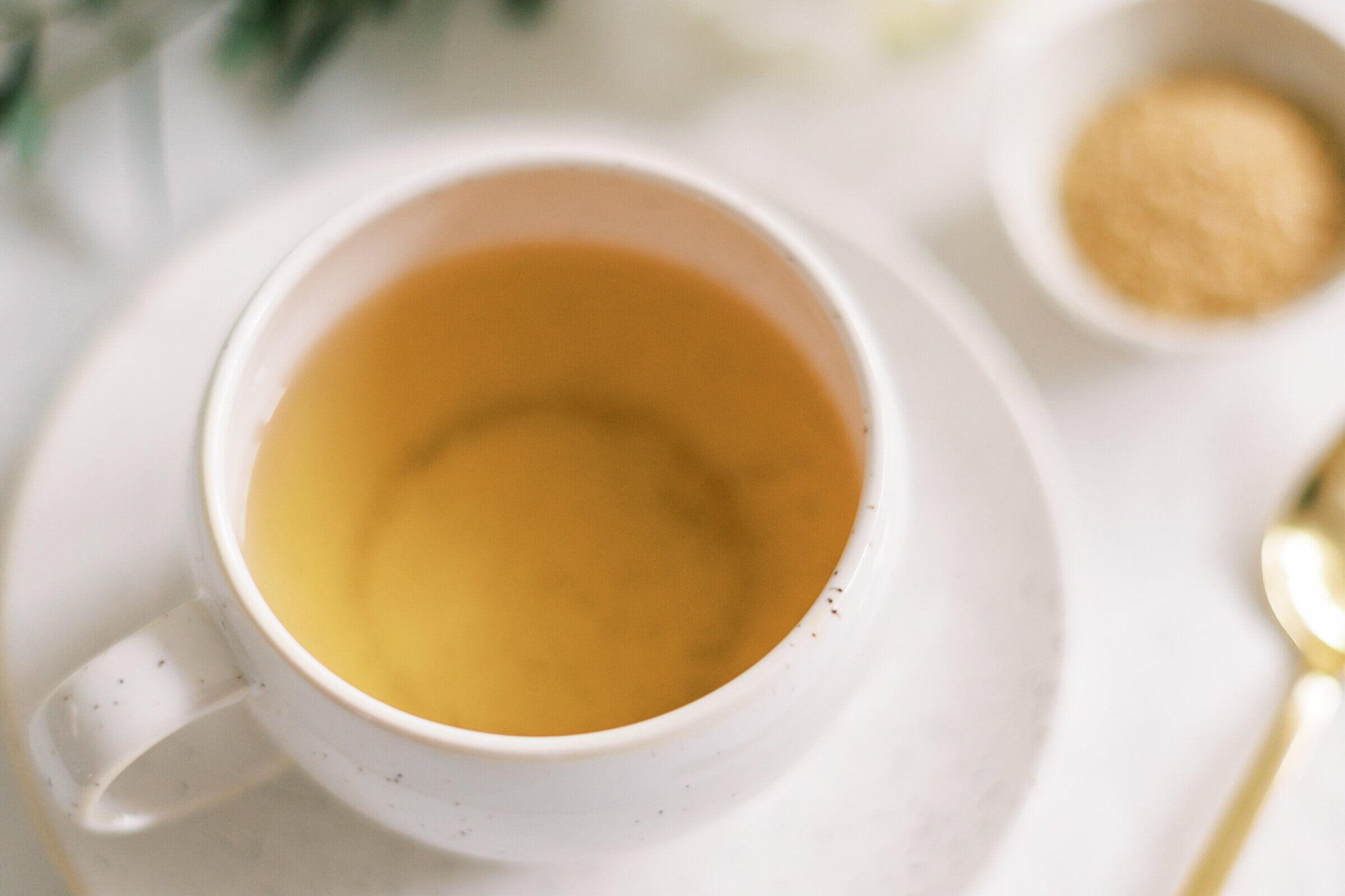
The crisp air also brings the beginning of the season of Vata in Ayurvedic medicine. Vata is the energy of movement and air that brings qualities of light, air, cold, hardness, and brittleness that can affect both our bodies and our minds. Life may start all over again in the fall, but the fall also brings particular challenges.
“Life starts all over again when it gets crisp in the fall”
F. Scott Fitzgerald
By adopting rituals that ground, warm, nourish, and calm us, we can balance the perils of the season. According to ancient texts, difficulties can include digestive problems, sleeping disruptions, dry or irritated skin, low appetite, muscles, and joint pain, as well as challenges with focus and feelings of anxiety and fear. The flurry of activity around the holidays makes these rituals even more imperative because multitasking, overeating, alcohol, and stress aggravate Vata.
Here are a few recommendations to consider for your evening so you can promote rest and restore yourself over the upcoming hectic weeks ::
1 || Stick with a routine

The need to maintain a regular schedule is more important now. Routines root us, which is precisely what we need in the Vata season. The best time to retire is between 9 p.m. and 10 p.m. Ideally, maintain a regular sleep schedule and meals throughout the Vata season. Try to wind down at the same hour every day by doing the same activities to cue your mind and body. Routines are proven to improve our health and overall functioning.
2 || Do a digital fast

Vata governs the nervous system, so activities stimulating the nerves, such as watching the news or scrolling through our electronic devices, can aggravate Vata. And Western science is showing that electronic light disturbs our circadian rhythms and melatonin production. Nondigital devices are enjoying a resurgence, so open a book instead and charge your electronics in another room.
3 || Meditate in the evening

MIT and Harvard neuroscientists have produced studies to show how meditation helps us focus and ameliorate pain, both of which can be problematic during the Vata season. Meditation also shifts how we relate to our life experiences and can help with excessive thoughts and worries. An evening meditation practice prepares our mind for sleep and soothes the nervous system, in which the brain is the largest organ.
4 || Warm up with heated beverages

Warm drinks comfort us and can help us relax for rest. Avoid coffee, black tea, and other caffeinated drinks and instead try warm milk or soy, rice, or almond milk. Even better, add warming spices such as ginger, cinnamon, nutmeg, cumin, and black pepper (but don’t go crazy, and add hot spices such as cayenne or paprika). Ginger tea is a powerful digestive aid too.
5 || Oil your body

An oil massage is a key recommended practice in Ayurveda, but especially in autumn when we need stability and warmth to counteract the Vata season. Oil counters the dryness but also works to lubricate the joints and muscles. The Sanskrit word for this practice is abhyanga and literally translates as “moving into the body.” What we move into our body is sustenance by using our own touch to heal and nurture ourselves. Warm oil is best, and sesame oil is preferred, but a massage with any type of oil will help to soothe the nervous system and prepare you for sleep. Even if you cannot massage your whole body, just attend to your joints or to your feet, and you’ll sleep better.
6 || Ground your emotions in scent

Emotions and a runaway mind can keep you up at night. By diffusing certain oils in the air, you can influence your feelings and thoughts and help to ground, focus, and calm yourself. Essential oils that are especially helpful during this season include cardamom, geranium, ginger, jasmine, lemon, neroli, nutmeg, oregano, patchouli, rose, saffron, sandalwood, vanilla, and vetiver.
If life starts all over again when it gets crisp in the fall, then better for that life if we start with a good routine and a consistent evening ritual. With these calming evening habits, specifically addressing the chilly weather Vata season, you can promote better rest so your holiday season can be fully enjoyed.
If you’re interested in learning more about ayurvedic remedies, I recommend these books:
-
Absolute Beauty by Pratima Raichur with Marian Cohn
-
Ayurveda Lifestyle Wisdom by Acharya Shunya
-
The Book of Ayurveda by Judith H. Morrison
-
The Complete Book of Ayurvedic Home Remedies by Vasnat Lad
-
The Health Catalyst: How To Harness the Power of Ayurveda To Self-Heal and Achieve Optimal Wellness by Dr. Avanti Kumar-Singh
Want to figure out your dosha constitution? Here’s a test from the eminent Ayurvedic Doctor Vasnat Lad.
